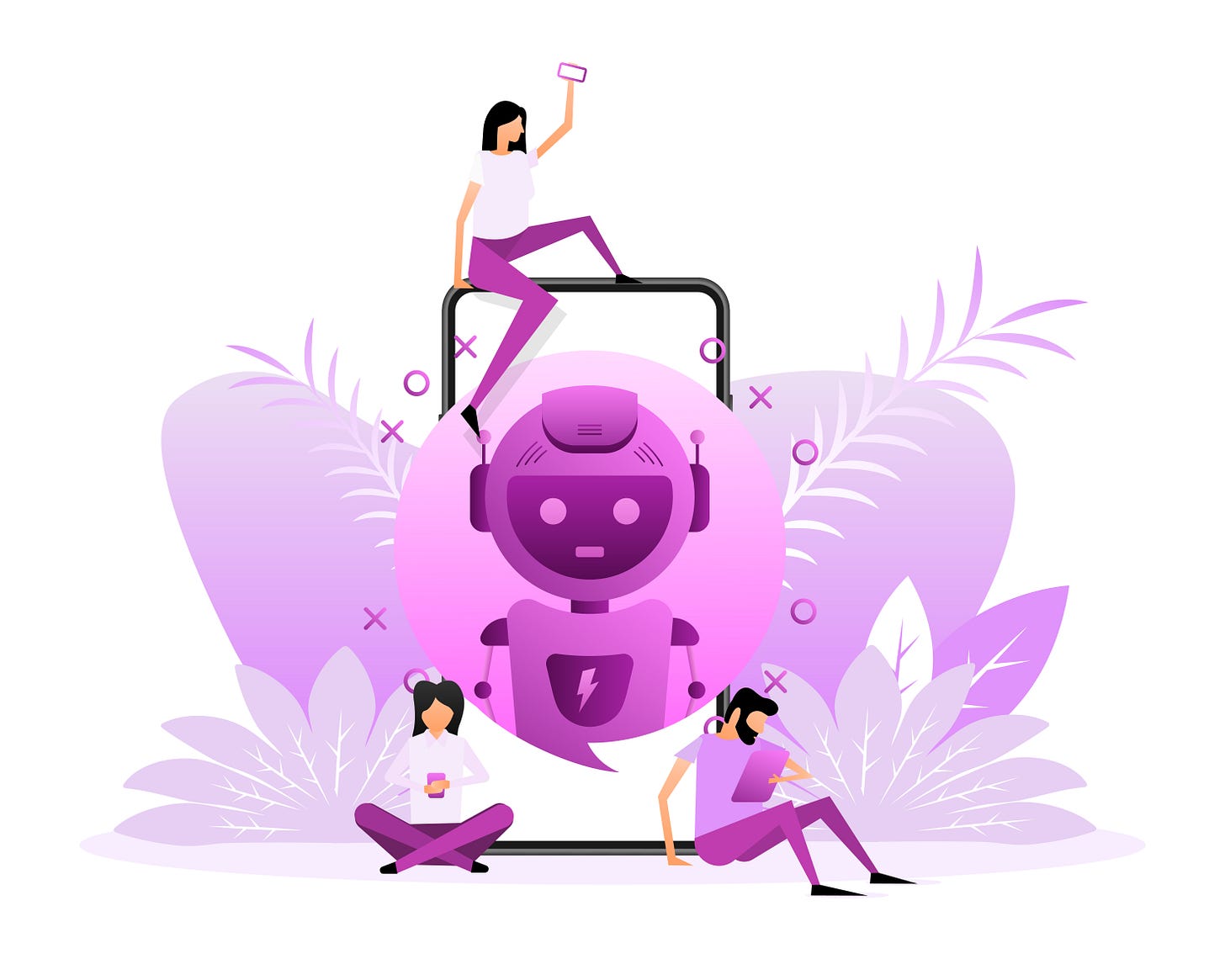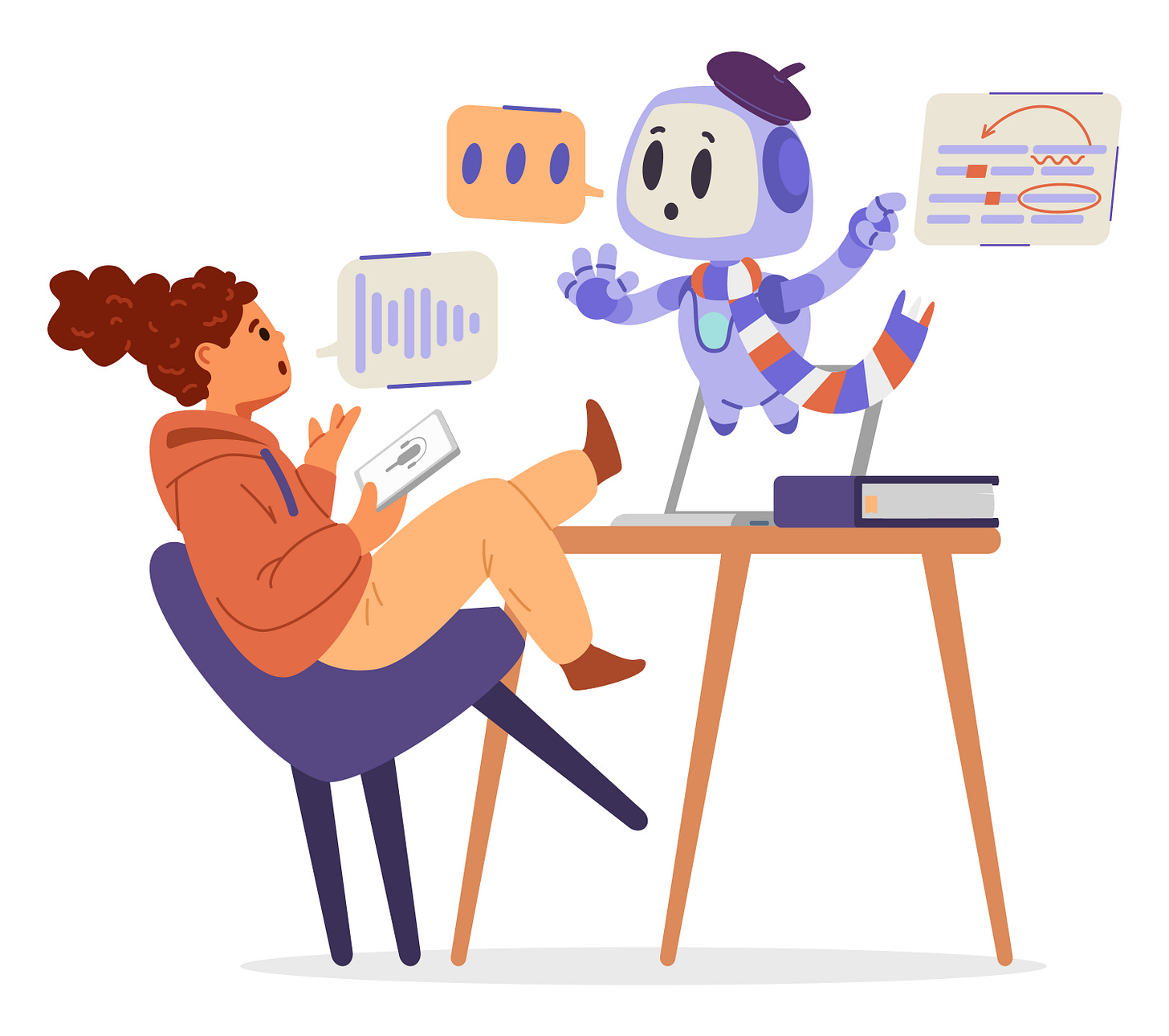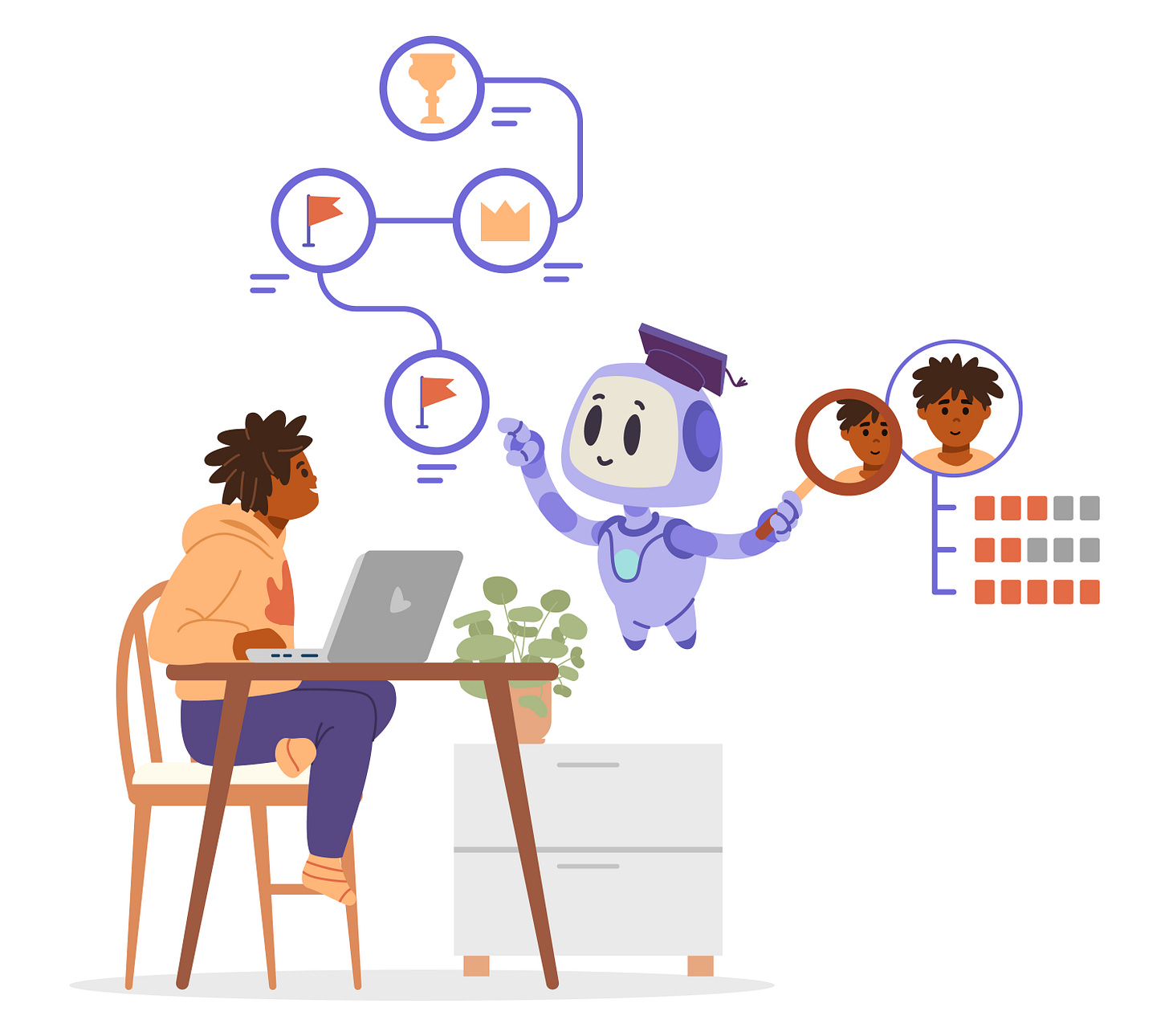AI for Learning: Unlock Your Potential with Affordable AI Tools
Remember when getting help with tough subjects meant expensive tutors or endless hours in the library? Not anymore! AI tools like ChatGPT, Claude, and Google Gemini are revolutionizing how we learn, making education more engaging and wallet-friendly. These digital tutors are ready to help you tackle everything from basic math to advanced poetry analysis—without judgment or a hefty price tag.
This article is all about how you can use AI to make learning practical, fun, and economical—no technical jargon required.
Making Learning More Accessible
Gone are the days when quality education meant emptying your wallet. Whether you're a student looking to ace your next test, a parent seeking enrichment activities for your kids, or a professional wanting to learn new skills, AI tools can dramatically cut costs. Think of it as having a Swiss Army knife of learning tools in your pocket – from a patient math tutor to a creative writing coach to a career development advisor – all without the hefty price tags that usually come with specialized education services.
Why LLMs Are Excellent Learning Aids
Imagine having a patient tutor available 24/7 who can explain things in exactly the way you need – that's what LLMs can be. They're like having an entire library that talks back, ready to break down tricky topics into bite-sized pieces, create study plans just for you, and help you brainstorm fresh ideas. They really shine when it comes to subjects like math, science, and history where the facts are solid. But just like even the best tutors will mix up facts every once in a while, these AI helpers aren't perfect:
Fact Check Everything: LLMs occasionally generate plausible-sounding but inaccurate information. Always cross-check answers, especially for niche or time-sensitive topics like current events or politics.
Memory Limitations: LLMs don’t retain memory between sessions, so if you return to a problem later, you’ll need to reintroduce context. For longer conversations, a quick reminder of the overall goal can also help keep the AI on track.
Practical Strategies for Personal Learning
AI as Your Study Assistant
Ever wished your textbook could explain things differently when you're stuck? That's exactly what AI can do. Here's how:
Example Prompt: “Explain photosynthesis in simple terms, as if you're teaching someone who loves cooking.” This helps you understand complex topics through familiar concepts.
Flipped Pattern Example: “Quiz me one question at a time about photosynthesis and explain any answers I get wrong.” This approach turns passive reading into active learning – it's like having flashcards that create themselves!
Exploring Complex Subjects
For tough topics, LLMs can break down information step by step:
Example Prompt: “Guide me through solving this geometry problem, one step at a time.”
Personalized Example: “Explain Newton’s laws using analogies involving skateboards and bicycles.”
Writing Coach: “Help me understand the themes in 'The Great Gatsby' by comparing them to modern social media culture.”
Family Learning and Creativity
While individual learning is powerful, AI truly shines when it brings families together. Remember those educational games that were either too boring for kids or too expensive to justify? LLMs are changing the game – literally! By combining your knowledge of what makes your kids tick with AI's ability to generate creative content, you can turn any subject into an engaging family activity. Whether it's bringing history to life through personalized stories or making math problems about your child's favorite video game characters, the possibilities are endless.
Collaborative Learning
LLMs can make family learning fun and engaging:
Example Prompt: “Create a trivia game with questions about history and pop culture for a family game night.”
Creative Activities for Kids
AI can help kids stay engaged by tailoring activities to their interests:
Example Prompt: “My child loves skateboarding and gaming. Suggest a science fair project about renewable energy that ties into these interests.”
Real-World Example: Khan Academy’s Khanmigo is an AI-powered tutor built using GPT-4. It provides tailored questions to K-12 students and helps teachers craft lesson plans. By personalizing the learning experience, tools like Khanmigo are making education more interactive and accessible. Want to see this in action? You can try Khanmigo through Khan Academy's platform to experience AI-powered learning firsthand.
Professional Growth and Lifelong Learning
Remember the last time you wanted to learn a new skill but couldn't justify the cost of expensive online courses or university classes? Whether you're looking to switch careers or just satisfy your curiosity, AI can be your gateway to affordable skill development. It’s like having a patient mentor who's available whenever inspiration strikes – ready to guide you through everything from coding challenges to creative projects.
And unlike traditional courses that follow a rigid curriculum, AI adapts to your learning style and schedule. Stuck on a particular concept? Your AI tutor is ready to help - no scheduling required. Need the same thing explained a bunch of different ways? No problem – and no judgmental sighs or eye rolls!
Upskilling with AI
For adults, LLMs can provide cost-effective ways to gain new skills:
Example Prompt: “Be my coding tutor and help me debug this Python script.”
Certification Prep: “Create a quiz based on the NEC and electrical theory to help me prepare for my electrician’s license.”
Personal Curiosity
LLMs can nurture lifelong curiosity (and won't judge you for asking the same question three times in a row!):
Example Prompt: "Teach me the basics of low-light photography - from camera settings to composition tips."
Daily Challenge: "Ask me a random question about world history to expand my knowledge - bonus points if it involves interesting food facts!"
Ethical and Mindful Use of AI
We've all had that teacher or mentor who seemed to know everything – until they didn't. Maybe they mixed up historical dates or remembered a scientific formula incorrectly. LLMs are a bit like that brilliant, but imperfect, mentor. They're incredibly knowledgeable and helpful, but they need to be used thoughtfully.
Think of using AI for learning like having a study group with a really smart friend. You wouldn't just accept everything they say without question – you'd fact-check important details, bring your own insights to the discussion, and take breaks to process what you've learned. The same principles apply when learning with AI:
Verify Outputs: Just like you'd double-check answers in the back of your textbook, fact-check important information from AI. This is especially crucial for technical concepts, current events, or specialized knowledge.
Set Limits: Remember those late-night study sessions where everything started to blur together? The same can happen with AI. Balance AI interactions with offline learning, hands-on practice, and real-world discussions.
Memory Reminder: Unlike your favorite teacher who remembers your learning style and progress, LLMs start fresh each conversation. Think of it like starting each study session with a quick recap – remind the AI about your goals and what you've covered so far.
For those of you wondering about the deeper implications of AI ethics and trust, check out my most recent article on this topic.
Conclusion
AI-powered LLMs are democratizing education, making learning more accessible, economical, and engaging for everyone. Whether you're solving a tricky math problem, exploring new hobbies, or guiding your child's curiosity, these tools offer endless possibilities.
Try one strategy today—whether it's creating a personalized study plan, brainstorming a creative project, or preparing for a professional exam. Share your favorite AI-powered learning tips in the comments to help inspire others!




